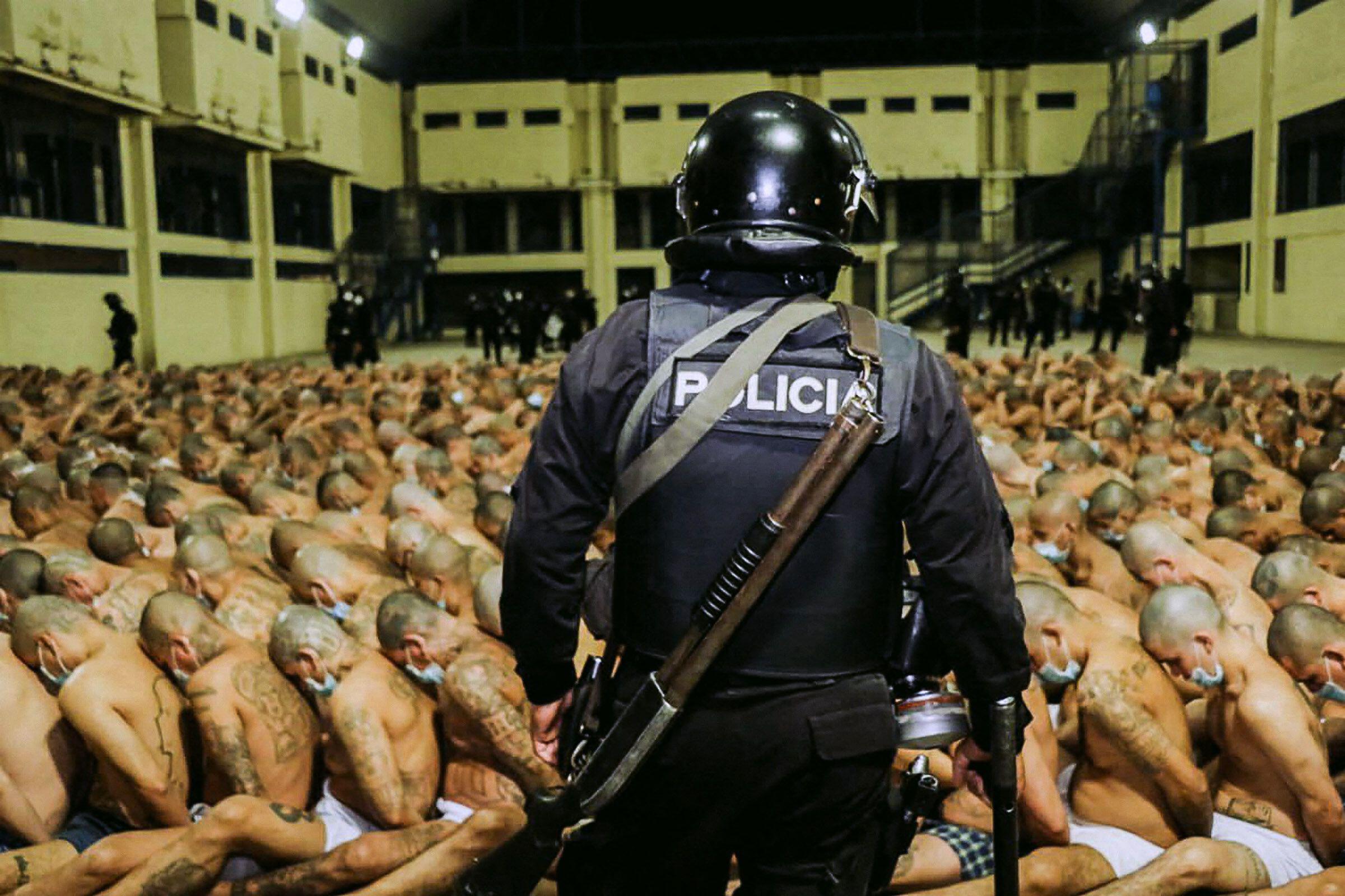
The High Court ruling against the controversial disc jockey acknowledged Jon Gaunt’s right to free speech, but failed to uphold it, says Liberty’s Corinna Ferguson
“Shock jock” Jon Gaunt may have lost his case against Ofcom, but there were some important gains for free speech campaigners in the High Court’s judgment.
Liberty’s support of the outspoken former TalkSPORT host raised some eyebrows, not least because he once labelled our Liberty director Shami Chakrabarti “the most dangerous woman in Britain”. But we intervened because his case raised an important issue about the extent to which a statutory regulator is entitled to interfere with live political debate.
Like all good talk show hosts, Gaunt is no stranger to controversy. His views are expressed robustly and he frequently offends people. In the present case, complaints were made to Ofcom about comments he made, live on air, to a local councillor who had come on the programme to defend the Council’s ban on smokers becoming foster parents. It was a topic close to Gaunt’s heart because he had been in care as a child himself.
During an increasingly heated discussion in which the councillor suggested that smokers cannot be trusted to limit their habit to the open air, Gaunt called the councillor a “Nazi”, a “health Nazi” and an “ignorant pig”. Gaunt later apologised to listeners for “losing his rag” but his contract with TalkSPORT was terminated a few days later and Ofcom found that the interview had breached the Broadcasting Code because it contained offensive material which was not justified by its context.
Reviewing Ofcom’s decision, the High Court laid down some important principles:
– As Ofcom is subject to the Human Rights Act its decisions must comply with Article 10 (freedom of expression) and are subject to the full review of the court on that issue
– Elected politicians should expect to receive and tolerate a rough ride during this type of broadcast interview
– The right to challenge Ofcom’s decision under Article 10 extends to individual broadcasters as well as the television and radio companies who employ them
– The subject of this interview was political and controversial and therefore should be accorded a high degree of protection and that was capable of extending to offensive expression
– While the word Nazi was capable of being highly insulting, in context it could be seen as an emphatic and pejorative word meaning one who imposes his views on others rather than a description of a person’s wider political or ideological position
Unfortunately the court failed to follow its own logic and found that Ofcom’s finding did not breach Article 10 because the repeated use of the word “Nazi” and the force with which some of Gaunt’s comments were expressed amounted to offensive abuse which had “no factual content or justification”. The Court found that Ofcom’s decision therefore constituted “no material interference with the claimant’s freedom of expression at all”.
It is difficult to understand why calling someone a Nazi once (and in a measured tone) could be deserving of the highest protection as political speech, but saying it again with more force is not protected at all. There are of course limits on free speech and it would be nonsensical to protect absolutely one person’s right to speak freely when it would have a grave impact on the rights of others — incitement to murder being an obvious example. But there is no right not to be offended.
It is very much hoped that this aspect of the judgment will be improved upon in the Court of Appeal. There is a real danger that allowing the regulator to intervene in this type of case will have chilling effect on robust political interviews. The Human Rights Act protects shock jocks as much as flagship political commentators and free speech is no more worthy with extra syllables.
Corrina Ferguson is a legal officer for Liberty
www.liberty-human-rights.org.uk





